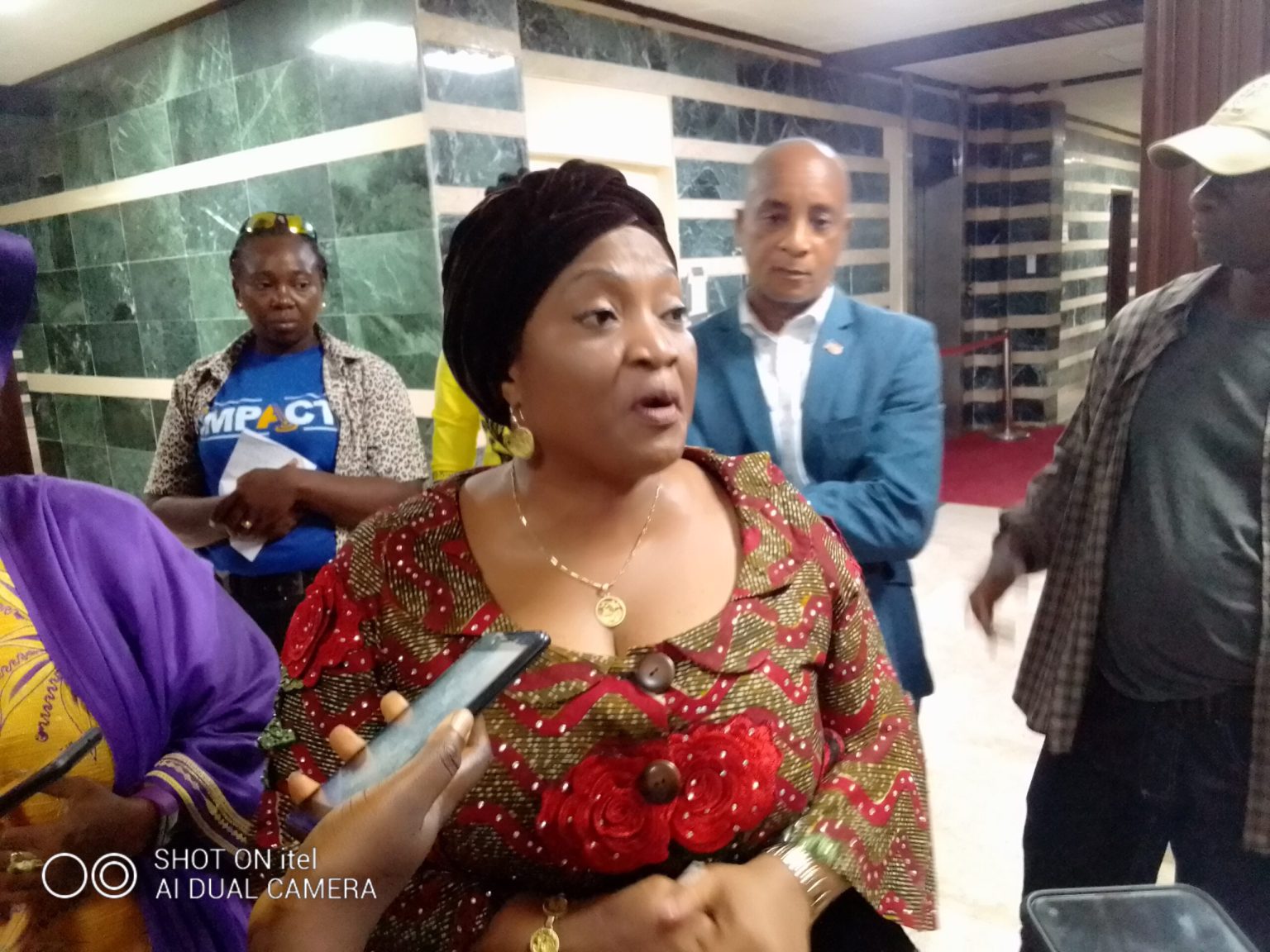Former Liberian Vice President Jewel Howard-Taylor, in a candid interview, offered a critical assessment of the Unity Party’s governance since assuming power in 2024. While acknowledging the inherent difficulties of translating campaign promises into tangible results, she expressed concern that the current administration, led by President Joseph Boakai, has deviated from the course charted during the election campaign. Despite the change in leadership, she highlighted that Liberia continues to grapple with fundamental challenges related to providing basic necessities like food, clothing, and shelter for its citizens. Reflecting on her own experience as Vice President under the previous Weah administration, she empathized with the complexities and burdens of the presidency, particularly in a nation still struggling with foundational needs.
Howard-Taylor also offered insights into the closely contested 2024 election, revealing that the Coalition for Democratic Change (CDC), the former ruling party, lost by a narrow margin of just 17,000 votes. This slim difference, she argued, underscores the deep political divisions within the country. She interpreted the results as indicating that 51% of Liberians hoped for a new direction under the Unity Party, while 49% favored continuity with a second term for former President Weah. She admitted a failure on the part of the CDC government to effectively communicate its accomplishments and connect with the electorate, a factor that likely contributed to their electoral defeat. This communication gap, she believes, prevented the public from fully appreciating the work undertaken by the previous administration.
Beyond political analysis, Howard-Taylor also revealed personal challenges she has faced since leaving office. She detailed the difficulties she has encountered in securing the benefits due to her as a former Vice President, including half of her salary, the provision of vehicles, and a security detail. Despite communicating with various high-ranking officials, including the Speaker and Pro-Tempore of the Legislature, the Minister of State, the Minister of Finance, and the Minister of Justice, she has yet to receive these entitlements. This situation underscores the complexities of transitioning power and the potential vulnerabilities of outgoing officials. Her experience raises questions about the systems in place to ensure the smooth and respectful treatment of those who have served the nation in high office.
Howard-Taylor’s most poignant anecdote highlighted the immediate and stark transition she experienced on the day of the presidential inauguration. Left without transportation after the ceremony, she found herself stranded, waiting for nearly 45 minutes under a tree in front of the Executive Mansion before securing a private vehicle to take her home. The entire official convoy, she explained, had already shifted to the service of the incoming Vice President, leaving her without any official means of transport. This incident, while seemingly minor in the grand scheme of political transitions, symbolizes the abrupt shift in status and the potential for oversight or even disrespect towards outgoing officials. It paints a picture of a system that, while efficiently transferring power to the new administration, might lack sensitivity towards those who are exiting their roles.
The former Vice President’s revelations provide a multi-faceted perspective on the political landscape in Liberia. Her critique of the current government’s performance, coupled with her personal experiences regarding post-office benefits and the awkward transition on inauguration day, offer valuable insights into the challenges and nuances of governance in the country. Her commentary goes beyond mere political analysis, delving into the practicalities of power transitions and the human element often overlooked in the broader political narrative. This personal dimension adds weight to her observations, providing a glimpse into the realities faced by those who have served in high office.
In essence, Howard-Taylor’s interview serves as a call for greater accountability and improved governance. Her comments on the Unity Party’s performance, the narrow margin of victory in the 2024 elections, and the challenges she has faced personally all point to the need for a more responsive and inclusive political system. Her experiences and observations, while personal, resonate with broader themes of transparency, respect for those who have served, and the ongoing struggle to address the fundamental needs of the Liberian people. Her willingness to speak openly, even while facing personal difficulties, contributes to a more nuanced understanding of the political dynamics at play in Liberia.














